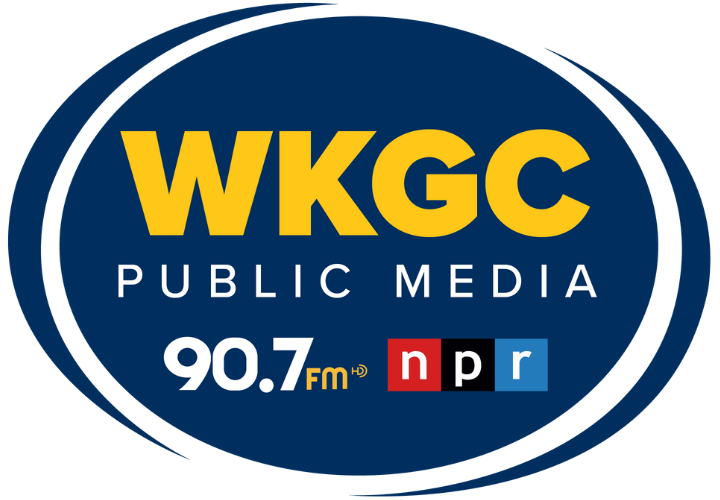
Florida Legislature Health Care Investments
Florida Hospital Association Praises Florida Legislature’s Meaningful Investments
Key Investments in Health Care include Rural Hospital Capital Improvement, Labor and Delivery Care, Behavioral Health Services and Workforce Development
Tallahassee, FL – The Florida Hospital Association (FHA) today praised the Florida Legislature for prioritizing meaningful health care investments in the state’s budget.
“Florida hospitals are the lifeline of our communities. The Florida Legislature’s health care investments today will empower Florida hospitals to preserve high-quality and accessible health care for Floridians in the immediate future and for years to come,” said Mary C. Mayhew, President and CEO of FHA. “Thank you, Senate President Kathleen Passidomo, Senate Appropriations Chair Doug Broxson, House Speaker Paul Renner, and House Appropriations Chair Tom Leek, for your dedication to investing in the evolving health care needs of the Sunshine State’s growing population.”
The budget passed by the Florida Legislature for Fiscal Year 2024-2025 provides Florida hospitals with critical resources for Florida’s nearly 23 million residents. These strategic investments support rural hospitals, increase Medicaid rates for labor and delivery services for moms and babies, expand the state’s health care workforce, establish the Innovation Revolving Loan Fund and bolster integrated behavioral health care services.
Labor & Delivery
Obstetrics has one of the lowest pay-to-cost ratios at 35 cents on the dollar for labor and delivery services provided to moms covered by Medicaid. Increasing the Medicaid reimbursement rate for hospital labor and delivery services will bolster maternity care options for all Florida moms, including in our state’s rural communities.
- $134 million to increase hospital Medicaid reimbursement rates for labor and delivery services.
Additional investments in Florida’s Medicaid program include:
- Approval for Medicaid reimbursement toward ‘Hospital at Home’ services, enabling more patients to receive quality care in the comfort of their own homes.
- Authority for the Florida Agency for Health Care Administration to assess the performance of Florida’s Medicaid program to ensure it is meeting quality outcomes for its enrollees.
Health Care Innovation
Groundbreaking technologies, workforce mobility and health care delivery models are instrumental in keeping Florida at the forefront of a modern, sophisticated health care delivery system. The legislature has established an Innovation Revolving Loan Fund to incentivize hospitals to implement innovative solutions and adopt new technologies.
- $50 million ($500 million over ten years) for the Innovation Fund.
Rural Hospitals
Florida’s 23 rural hospitals encompass over 1,000 beds and employ more than 6,000 Floridians. The Rural Hospital Capital Improvement Fund provides funding to upgrade and harden technology, equipment and facilities to provide their communities with the highest level of care and strengthen Florida’s entire health care system.
- $10 million (recurring) for the Rural Hospital Capital Improvement Grant Program.
Behavioral Health
Nationally, one in five adults experience a mental illness each year. The Collaborative Care Model (CoCM) is a clinically proven health care delivery model that bridges the gap in care by providing a primary care team to collaborate with a psychiatrist to deliver timely treatment to vulnerable patients. CoCM improves patient outcomes and reduces Emergency Department admissions, wait times for care and health care costs.
- $8.2 million for the reimbursement of behavioral health collaborative care models, which integrate physical and behavioral health care.
- $11.5 million to expand Mobile Response Teams usage and reimbursement.
- $321 million to create a new integrated care and education model to bolster the behavioral health workforce and system.
Workforce
The Florida Hospital Association forecasts a shortage of nearly 60,000 nurses and 36,000 physicians in the Sunshine State by 2035. While vacancy rates for hospital nurses have dropped from 21% in 2022 to 13% in 2023, and turnover rates dropped from 32% to 20% over the same period, the need to train and retain Florida’s health care workforce remains crucial to meeting the demands of Florida’s growing population.
- $150 million to increase Graduate Medical Education Statewide Medical Residency Program and expand the Slots for Doctors Program.
- $5 million (increasing funding to $30 million) for the Linking Industry to Nursing Education (LINE) program to fortify health care workforce development partnerships and create a robust pipeline of skilled health care professionals.
- $30 million to increase student loan reimbursement through Florida’s Reimbursement Assistance for Medical Education (FRAME) Program for health care and behavioral health care professionals.
If Governor DeSantis approves and signs the state budget, funding will benefit programs throughout the State Fiscal Year 2024-2025, which begins July 1.
To learn more about FHA and its advocacy efforts, visit www.FHA.org.
ABOUT FLORIDA HOSPITAL ASSOCIATION
Founded in 1927, the Florida Hospital Association (FHA) is the leading voice for health care in the State of Florida. Through representation and advocacy, education, and informational services, the Florida Hospital Association supports the mission of over 200 hospitals and health care systems to provide the highest quality of care to the patients we serve. Led by President and CEO Mary Mayhew, the Florida Hospital Association is located in Tallahassee and is governed by a Board of Trustees and officers elected by the member institutions.
Angela Small
Radio Production Assistant

















